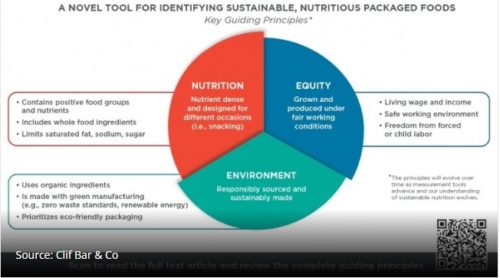Industry-funded study of the week: pet food!
I’m working on a book chapter on pet food and was interested to hear from Phyllis Entis, author of TAINTED. From Farm Gate to Dinner Plate, Fifty Years of Food Safety Failures, who sent me this.
The study: Isabella Corsato Alvarenga, Amanda N. Dainton & Charles G. Aldrich (2021). A review: nutrition and process attributes of corn in pet foods, Critical Reviews in Food Science and Nutrition, DOI: 10.1080/10408398.2021.1931020
Background: “Corn is one of the largest cereal crops worldwide and plays an important role in the U.S. economy. The pet food market is growing every year, and although corn is well utilized by dogs, some marketing claims have attributed a negative image to this cereal.”
Purpose: “the objective of this work was to review the literature regarding corn and its co-products, as well as describe the processing of these ingredients as they pertain to pet foods.”
Findings: “Corn is well digested by both dogs and cats and provides nutrients…In conclusion, the negative perception by some in the pet food market may not be warranted in pet foods using corn and its co-products.”
Conflicted interests: “The authors are with the Department of Grain Science and Industry, Kansas State University, Manhattan, Kansas, USA.”
Funding: “This work was commissioned by the Kansas Corn Commission.”
Comment: For the record, substantial research supports the ability of dogs and cats to digest and use the nutrients in corn. This has been documented for a long time. The purpose of this review is to reassure pet owners that it’s to feed corn-containing products to their dogs and cats. Corn is the most prevalent ingredient in commercial complete pet foods. Lots of pet owners believe that grain-free foods are bad for pets and are buying grain-free products. These must be cutting into sales. Once again, this is an industry-funded study with predictable results.
********
For 30% off, go to www.ucpress.edu/9780520384156. Use code 21W2240 at checkout.



